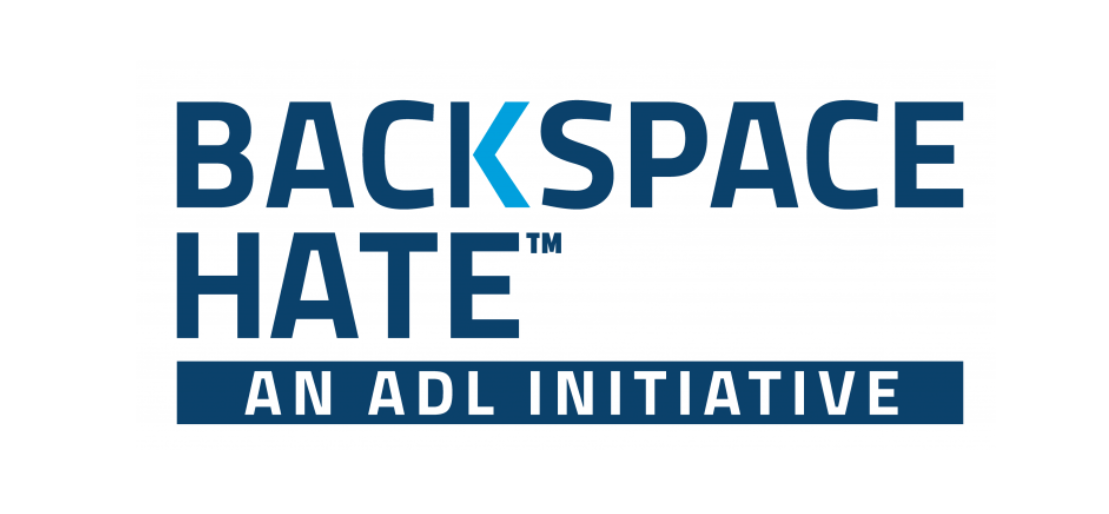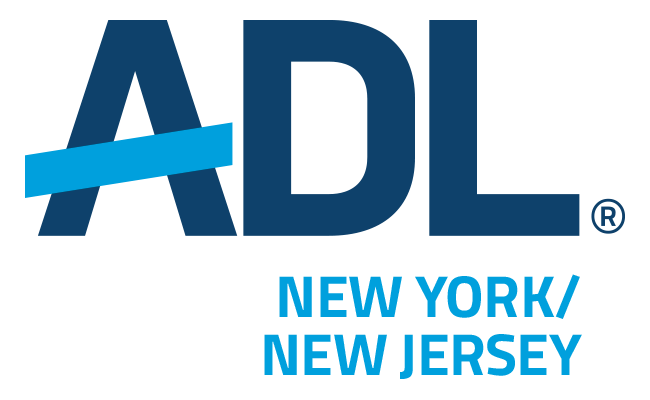
Online hate stokes fear, silences voices and causes harm to people’s personal and professional lives.
Backspace Hate™ is ADL’s initiative supporting victims and targets of online hate and harassment by raising awareness and passing legislation to better hold perpetrators accountable for their actions online. When harassment pushes targets offline, perpetrators spew hateful messages and silence valuable voices. It’s time to backspace the hate and make room for good.
Sign our petition to tell lawmakers that we have to do more to combat online hate and harassment.
ONLINE HATE AND HARASSMENT TERMINOLOGY
- Cyber Harassment is when someone engages in electronic communication that harasses, torments, terrorizes, offends or threatens a target. This term is used both to describe individual acts and as an umbrella term to broadly describe types of internet-enabled abuse.
- Cyberstalking is when someone uses the internet and technology to stalk a target. Most often cyberstalking refers to a pattern of online activity, amounting to a course of conduct, targeted at or concerning a particular person, which then causes that person to fear for their safety (or the safety of their family). Cyberstalking includes everything from sending continued and unwanted messages, to secretly tracking someone’s location with geolocation technology, to hacking accounts using secretly installed password trackers, to sending a barrage of messages to an individual or their network from fake accounts.
- Deep Fakes are videos that use existing video footage and audio recordings to create fake videos of people doing things and saying things they never did or said. It has been used to create videos of politicians depicted in situations that never really happened. It has also been used to create fabricated pornographic videos. On the video front, there are endless opportunities for perpetrators to abuse this tool, including by disrupting elections and fabricating video evidence. On the audio front, this could lead to serious forms of fraud and identity theft.
- Doxing is the broadcasting of private or identifying information about an individual, group or organization with the intent that the information be used against the target for an unlawful purpose. This sometimes involves releasing a private phone number or address and inciting harassment.
- Nonconsensual Distribution of Intimate Imagery, also known as non-consensual pornography (NCP) or “revenge porn”, is defined as the distribution of sexually graphic images of individuals or depicting individuals in a sexually graphic way without their consent. Perpetrators often disseminate these images to humiliate targets, make them a social outcast, or make them unemployable.
- Swatting is the act of falsely reporting an emergency to someone’s home with the goal of having a police unit (usually a SWAT team) deployed to their residence. This can result in injury to the target or other witnesses and has even caused a fatality
Get Involved
–Share your story of cyberhate or harassment
–Attend a screening of Netizens, a powerful documentary about the effects of online harassment
–Sign up for Never is Now, ADL’s annual summit on antisemitism and hate
–Read up on the issues
–Schedule MCLE trainings at your law firm
–Join ADL’s Glass Leadership Institute
–Check out our resources for managing cyberhate and harassment

